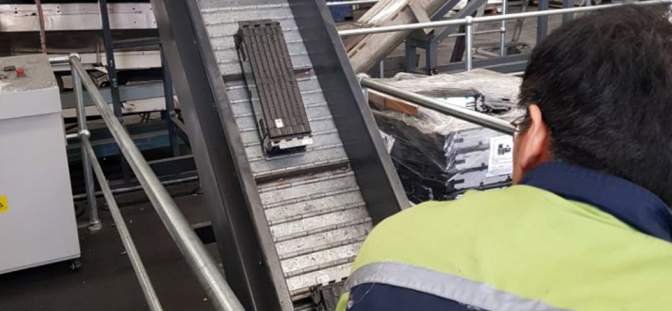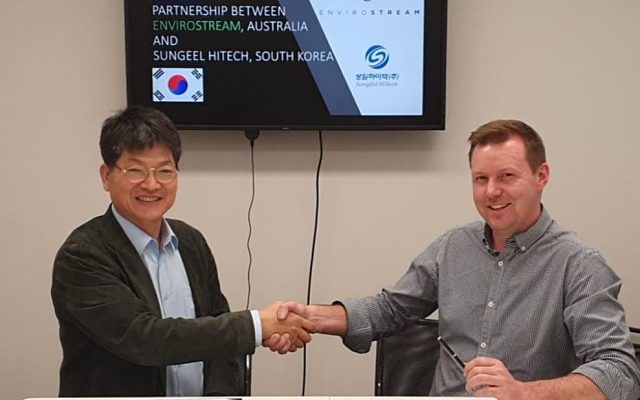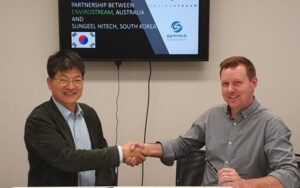’s () subsidiary Envirostream Australia is implementing safety, environmental and permitting improvements around its expanding operations following a newspaper article published in The Age newspaper in Melbourne.
Envirostream’s operates Australia’s only mixed-battery recycling facilities in Melbourne and is an expert in the complete process of battery recycling, from transport, handling and discharge to materials recovery.
Being a world leader in safety procedures, transport and environmental risk assessment allows the company to offer a safe, effective, cost-efficient and sustainable solution to the recycling of end-of-life batteries, thereby providing sound and environmentally aware solutions to battery disposal.
Permitting progress
Envirostream was served breach notices on July 8, 2020, by the local council on two of its facilities in Melbourne for not having the appropriate council planning permits.
The company has been in ongoing discussions with the council on a weekly basis and intends to apply for the correct permits to operate in the coming days.
Envirostream continues to process all lithium-ion battery inventories, to reduce any potential fire and safety risks with a current expectation that 80 tonnes of material will be processed this quarter.
The required rectification is taking longer than normal due to the current COVID-19 restrictions in place in Melbourne and the current expectation to rectify is between 30 and 60 days.
Application underway
The company has also held permit application meetings with the local council and has been granted an extension for the lodgement of its additional permit applications which will be lodged later this week.
Envirostream and the local council are in good faith discussions to reduce operating risks and for the continuing operations at both premises.
The company continues to work very closely with the regulatory bodies to ensure its management systems, safety and environmental procedures are better than industry accepted standards and to minimise the risks to the local communities.
These developments are not expected to have any material effect on either the September 20 quarter or the FY21 revenue for the Lithium Australia NL Group.
EPA licence pending
Envirostream has not been operating at above 500 tonnes per annum of specified waste at any of its Melbourne sites and is not required to hold an EPA licence to operate.
On September 11, 2020, the company applied for an EPA Victoria work permit for one of its Melbourne premises to operate at above 500 tonnes per annum of specified waste due to its expected growth in battery collection and recycling volumes.
The company is working very closely with the EPA to demonstrate industry best practice in its recycling process, and the granting of an expanded work permit in advance of that capacity being required.
Envirostream continues to operate at below the 500 tonnes per annum of specified waste processing rate and has taken steps to minimise the amount of stock levels at each of its premises.
Importantly, the EPA has not issued Envirostream with any breach notices following its visits to the company’s premises.
Focus on safe practices
Envirostream, being the only mixed battery recycler in Australia, is focused on diverting the maximum amount of material from landfill and improving sustainability of the battery industry by creating the circular economy.
Worksafe Victoria has visited Envirostream’s current premises on several of occasions to inspect the company’s safety practices and has not issued the company with any breach notices regarding any of these premises.
Sustainable battery disposal
More than 90% of the battery materials processed by Environstream are recycled, with materials recovered include steel, aluminium, copper-containing components (wire and transformers) and circuit boards, as well as battery electrode materials.
Mixed metal dust (MMD) is recovered which contains cobalt, nickel, manganese, lithium and graphite and is delivered to Envirostream’s MMD offtake partners for further refining for use in new batteries.
In addition, Envirostream’s low-temperature processing recovers volatile components, including plastics and electrolytes, resulting in higher mass yields and lower carbon emissions.








